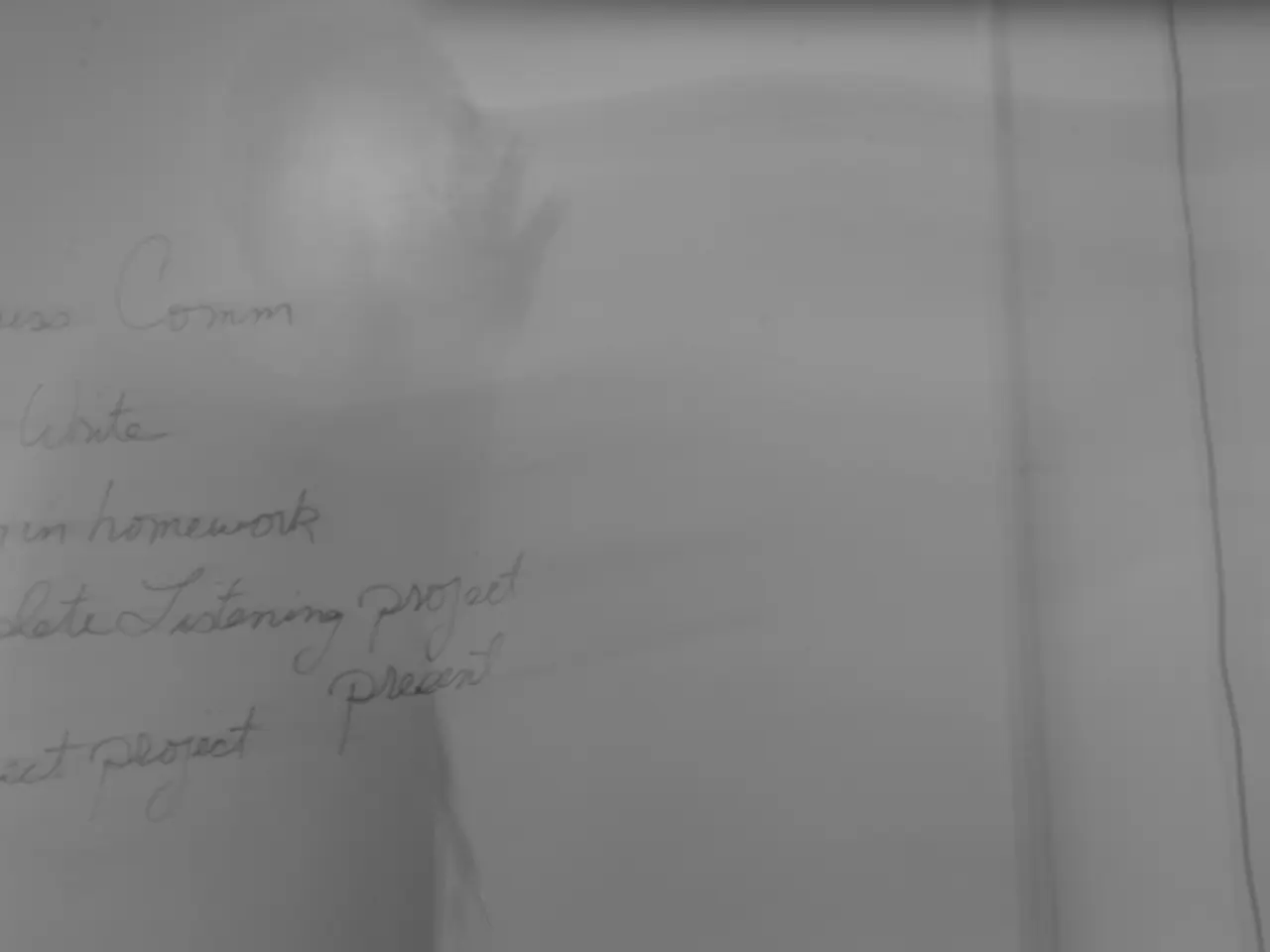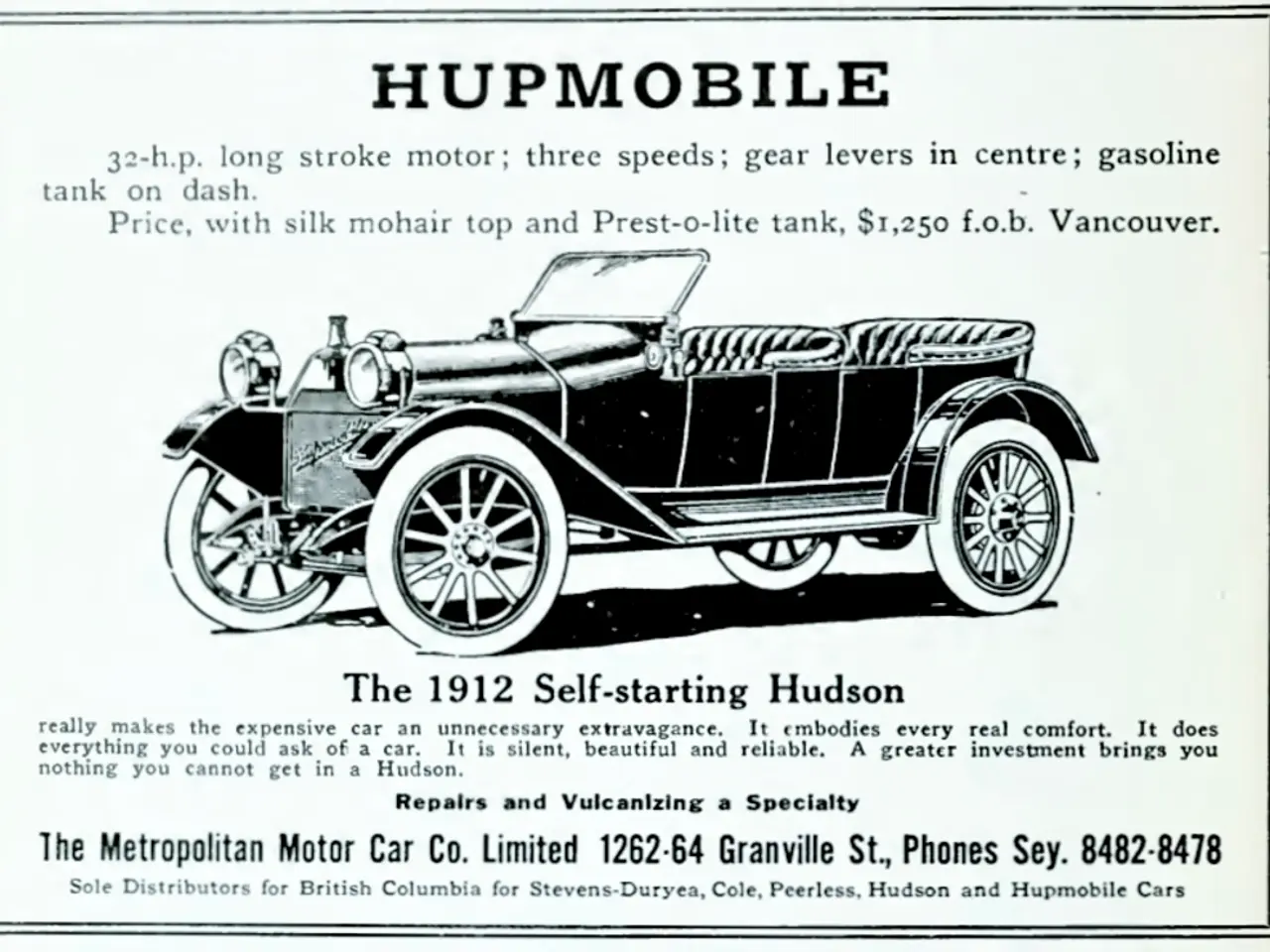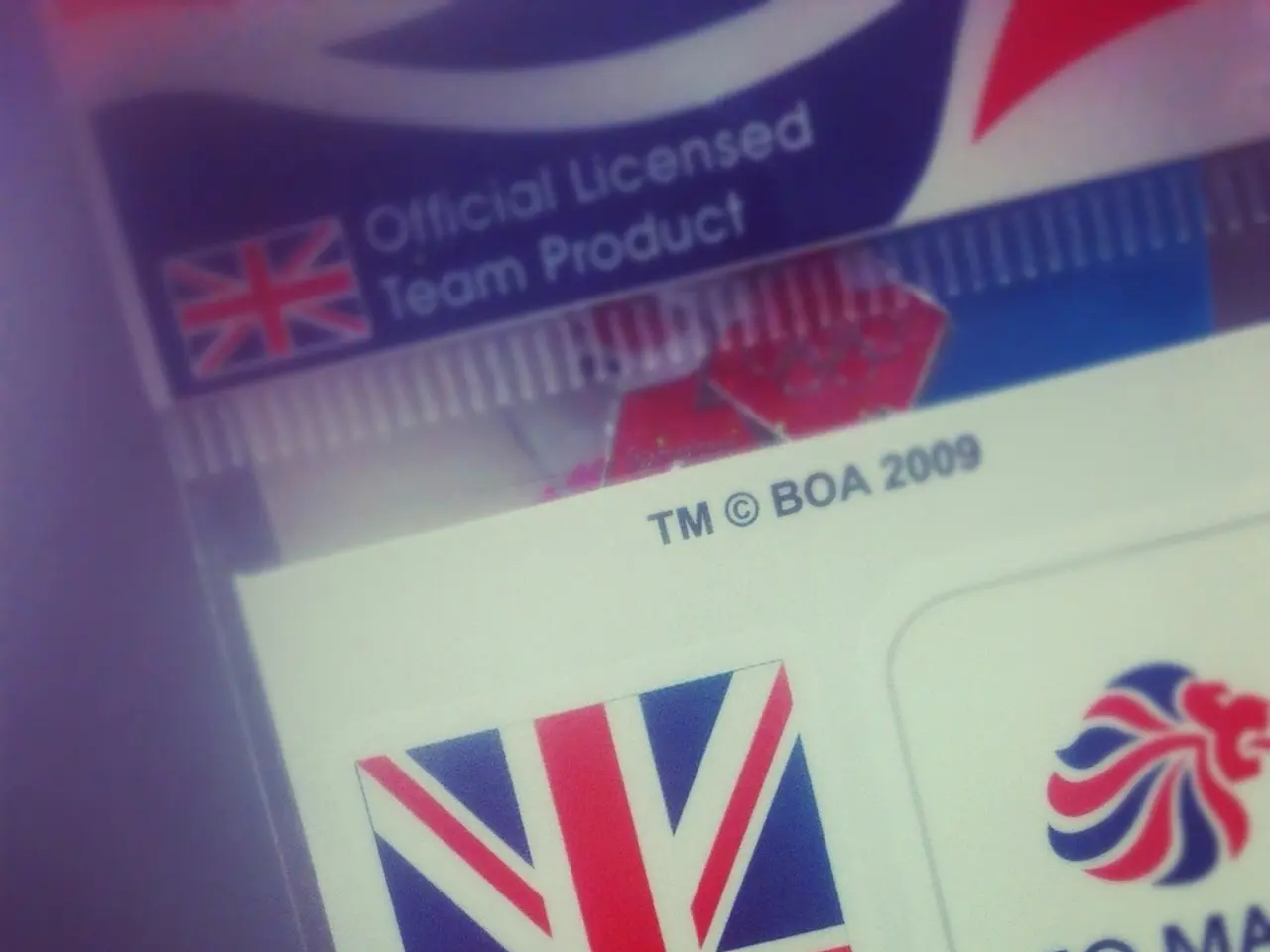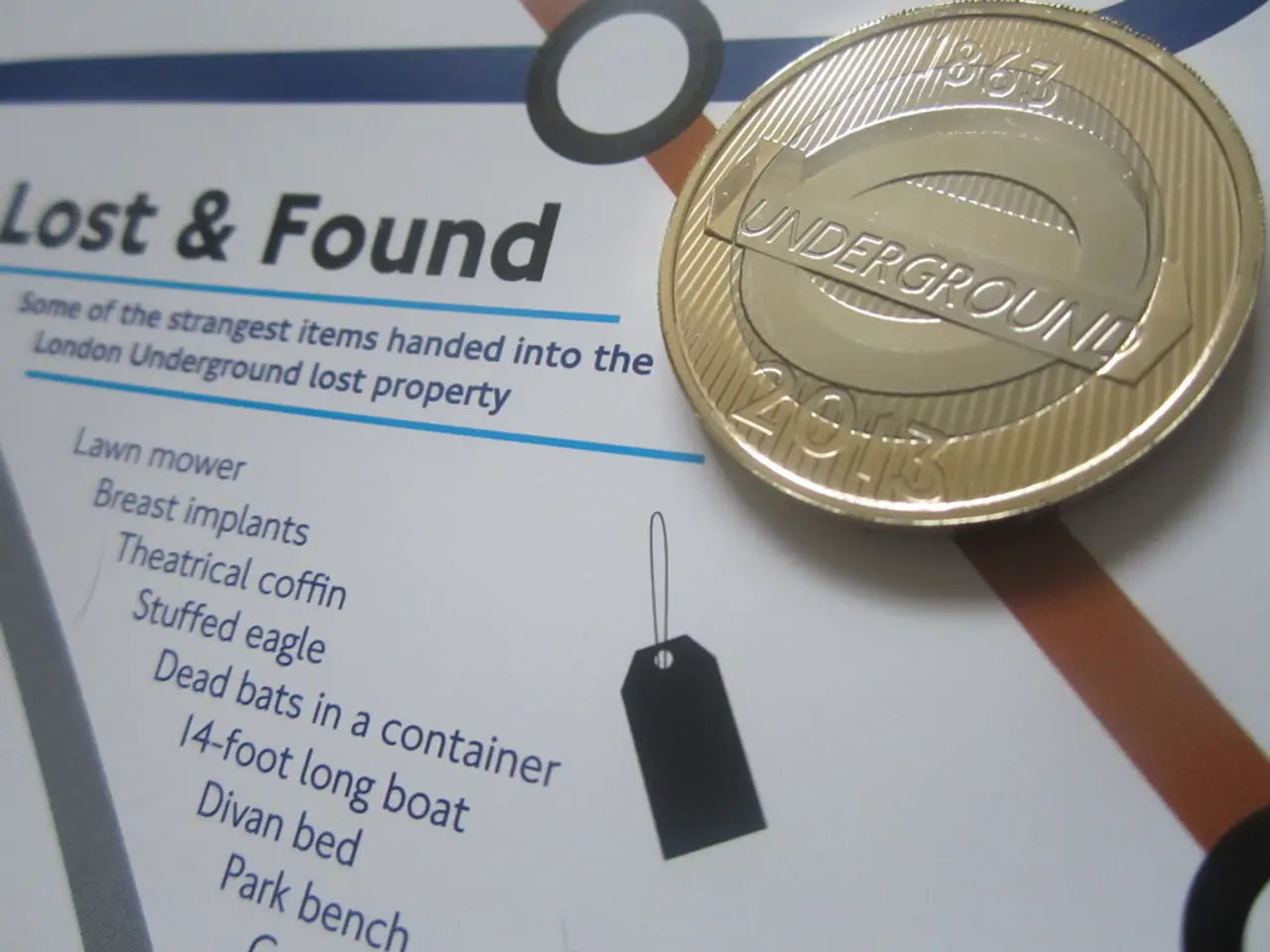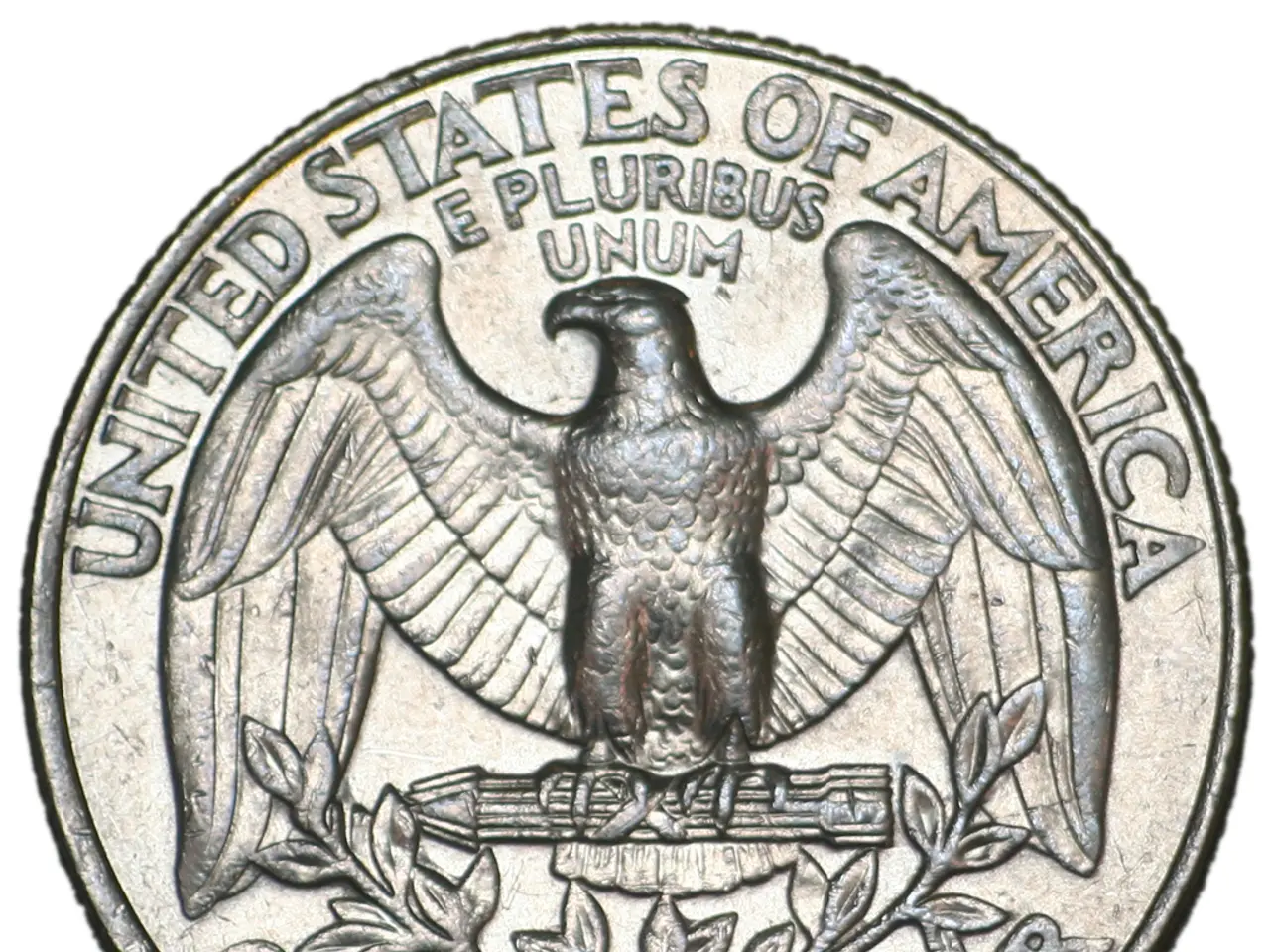European Court's Verdict on Union Matters
The Unified Patent Court (UPC), established on June 1, 2023, has revolutionised patent litigation across 18 European Union (EU) member states. However, the electronic filing system has faced criticism due to its complexities, particularly in navigating through multiple sections and icons, as well as the numerous steps required for actions like opt-outs and corrections.
This complexity is evident in the process of filing removal applications related to unauthorised opt-out withdrawals, which involves providing user references and patent numbers to retrieve data, a process that can be cumbersome for users not fully accustomed to the system.
The costs associated with a fully litigated first instance case at the UPC can be significant. While explicit cost figures are not readily available, it is known that the complexity of patent disputes and the multi-jurisdictional nature of the court contribute to the high costs. These costs generally arise from court fees charged by the UPC, legal fees for patent attorneys and litigators experienced in cross-border European patent law, and expenses related to evidence gathering, expert witnesses, and procedural steps.
Despite these challenges, the UPC's focus on transparency and legal certainty is widely praised. The court's rigorous application of rules, such as the problem-solution test aligned with the European Patent Office, ensures that cases that proceed to full litigation at first instance are likely to entail considerable time and financial investment from parties.
It is essential for users to familiarise themselves thoroughly with the UPC’s electronic filing system and to budget accordingly for potentially expensive first-instance litigation if patent disputes escalate fully within the UPC framework. The UPC allows for a single proceeding to enforce patents across European borders, eliminating the need for separate proceedings in each state, as was previously the case.
Some costs in UPC cases are recoverable from the losing party, making the overall financial burden more manageable. Additionally, the costs of UPC litigation are less significant when compared to patent infringement proceedings in the UK or USA.
A new feature of the UPC is the possibility of involving technical judges for specialist expertise. This addition further enhances the court's ability to deliver accurate and informed decisions. Dr. Bernd Allekotte, a partner at Grünnecker and a representative before the Unified Patent Court, is one such expert.
The Court of Appeal is located in Luxembourg, and the first-instance courts (chambers) are distributed across the 18 EU states. More than 300 infringement proceedings and over 60 isolated nullity proceedings have been initiated before the UPC in its first two years. The UPC's first-instance judgment usually takes less than 15 months from the filing of the complaint.
In five years, a decision will be made on whether European patents can opt-out of the UPC. As the UPC continues to evolve, it remains a crucial tool for patent holders seeking to protect their intellectual property across Europe. All decisions of the UPC are available electronically on the UPC's homepage, ensuring transparency and accessibility for all parties involved.
With English allowed as the language of the UPC proceedings, and more than half of all proceedings conducted in English, the UPC is a welcoming forum for patent holders from across the EU and beyond. As more EU member states join the UPC, its influence and importance in the patent litigation landscape will only continue to grow.
Users should thoroughly understand and prepare for the UPC's complex electronic filing system, considering the potential financial implications of navigating its intricacies, especially during filing removal applications. The UPC's implementation of technical judges, with specialists like Dr. Bernd Allekotte, enhances the court's decision-making abilities by offering expertise in technology-related cases.
